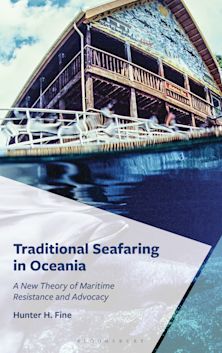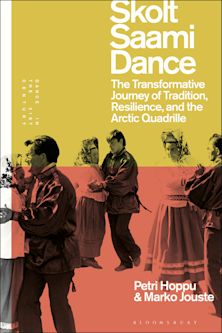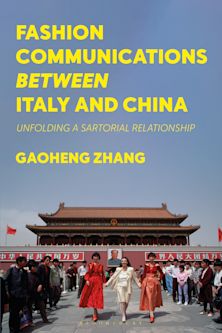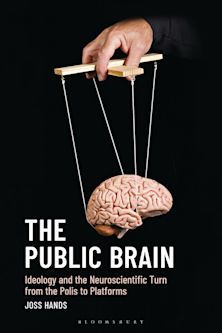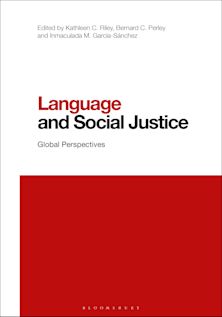Arts of Healing
Cultural Narratives of Trauma
Arts of Healing
Cultural Narratives of Trauma
This product is usually dispatched within 3 days
- Delivery and returns info
-
Free CA delivery on orders $40 or over
Description
This book occurs at the intersection of philosophy, critical theory, psychoanalysis and the visual arts. Each chapter looks at art produced in various traumatogenic cultures: detention centres, post-Holocaust film, autobiography and many more.Other chapters look at the Juarez femicides, the production of collective memory, of makeshift memorials, acts of forgiveness and contemporary forms of trauma. The book proposes new ways of 'thinking trauma', foregrounding the possibility of healing and the task that the critical humanities has to play in this healing. Where is its place in an increasingly terror-haunted world, where personal and collective trauma is as much of an everyday occurrence as it is incomprehensible?
What has become known as the 'classical model of trauma' has foregrounded the unrepresentability of the traumatic event. New, revisionist approaches seek to move beyond an aporetic understanding of trauma, investigating both intersubjective and intrasubjective psychic processes of healing. Traumatic memory is not always verbal and 'iconic' forms of communication are part of the arts of healing.
Table of Contents
Product details
| Published | Dec 14 2022 |
|---|---|
| Format | Paperback |
| Edition | 1st |
| Extent | 246 |
| ISBN | 9781538148266 |
| Imprint | Rowman & Littlefield |
| Illustrations | 20 b/w photos; |
| Dimensions | 228 x 150 mm |
| Series | Critical Perspectives on Theory, Culture and Politics |
| Publisher | Bloomsbury Publishing |
Reviews

ONLINE RESOURCES
Bloomsbury Collections
This book is available on Bloomsbury Collections where your library has access.












